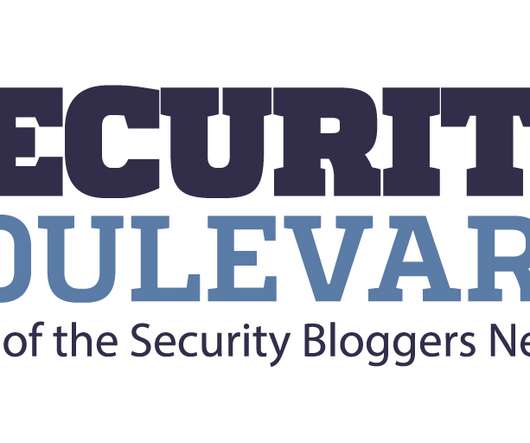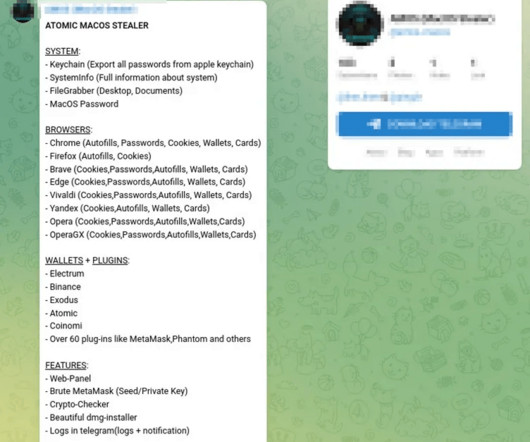Instagram Anti-Abuse Tool, Apple Advertiser Restrictions, Terrible Passwords
Security Boulevard
APRIL 25, 2021
to restrict tracking by advertisers, and a discussion about why people continue to choose terrible passwords. ** Links mentioned on the show ** Instagram debuts new tool to stop abusive message salvos made through new accounts [link] Apple […].
























Let's personalize your content